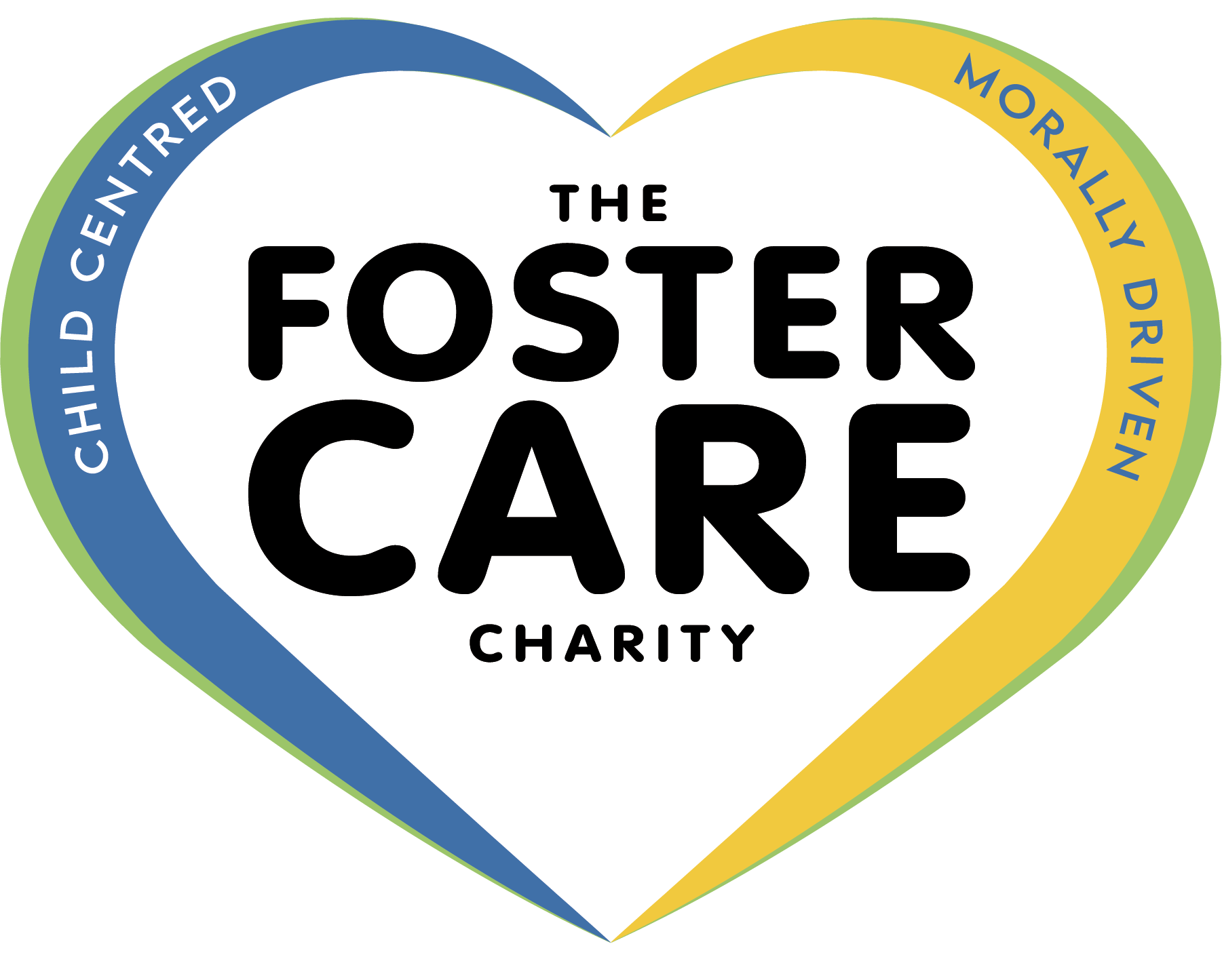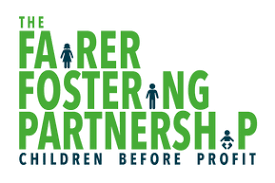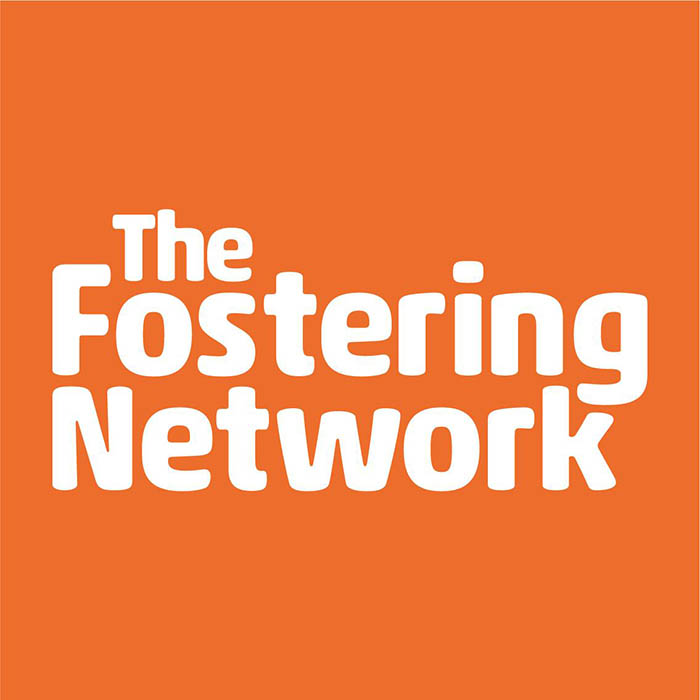
That was the question asked over two years ago by the University of Worcester, in collaboration with Shaping Our Lives and The Foster Care Co-operative.
It instigated a ground-breaking piece of research into the barriers disabled people possibly face when wanting to become foster carers, and can these barriers be overcome?
Gail Granger (pictured above), one of FCC’s social workers based in the Midlands, lent her experience to the project in order to provide an ‘industry perspective’ and an ‘employer’s voice’. Her work supported Dr Peter Unwin, Principal Lecturer in Social Work at the University of Worcester, and the research he initiated.
The research, entitled ‘Mutual Benefits: the potential of disabled people as foster carers’, was funded by a grant from the DRILL programme (Disability Research on Independent Living and Learning) – part of a £5 million research programme funded by the National Lottery.
It is very important that the fostering task should be as inclusive as possible. Not only does this enable more people to become carers, but it also provides diverse carer-to-child matching options when looking to provide children with a home. In theory, the better the match, the more stable the placement should be.
Other than some very wide criteria and a full assessment and checking process, the main requirement for becoming a foster carer is to be able to care for children in your home. If this criteria can be met, there shouldn’t be any reason why a person can’t become a carer – no matter what disability they may have.
At time of writing, the jury is still out. But we won’t have to wait much longer as the results are due on 8th October 2020, with a ‘sneak preview’ being broadcast on BBC Woman’s Hour at 10.00am on 5th October.
FCC were overjoyed to be a part of this research, and are SO proud of Gail for her involvement in this important further step towards inclusion and diversity – for people interested in fostering.
FCC will be linking to the research findings as soon as they are published.








